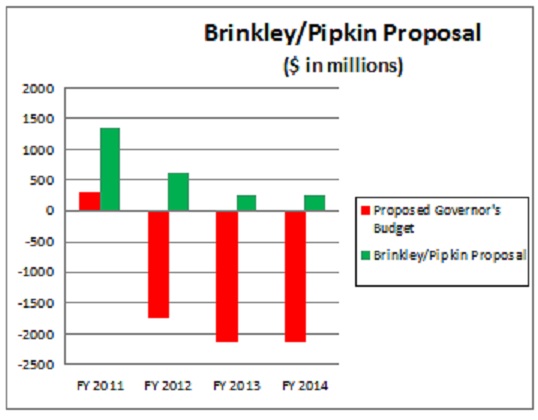Unfortunately, sometime awhile back I already used “in the category of ‘duh'” and I didn’t wish to use it again. But, surprisingly, the best-laid plans of Martin O’Malley and Free State Democrats didn’t work, and Maryland Senate Republicans didn’t hesitate to point this fact out:
Final tax data from 2008 now proves what many predicted but had been strenuously denied by Democrats in Annapolis: Maryland’s high income earners are voting with their feet.
In calling a special session for the purpose of passing an historic tax increase less than a year after his election, Governor Martin O’Malley changed Maryland’s personal income tax from a flat rate to a graduated system with a surcharge on high income earners. During this 2007 special session, Republican Senators opposed these tax increases and forewarned that the net result would be revenue losses as this mobile segment of the population relocated their primary residences.
Wall Street Journal editorial writers agreed in a May 2009 opinion entitled “Soak the Rich – Lose the Rich” that described how the misguided budget policy of the O’Malley Administration would lead to outward migration of the very segment of the population that a state wants to keep for a healthy, progressive economy. In response, Democrats in Annapolis produced their own analysis attributing the loss of high income tax filers to the normal slack-off of annual returns.
Now the late filers have completed their returns and final numbers have been tallied. Instead of $106 million of new revenues predicted by O’Malley’s budget office, Maryland saw a decline of $257 million – for a total gap of $363 million. This is just part of the problem created by O’Malley that results in continuing out-year deficits over $2 billion each year.
It’s bad enough business is down for society’s producers, but then they get slammed with a tax increase and figure out that Maryland may not be such a green pasture after all. Why do you think that hundreds of professional athletes, entertainers, and the like live in Florida and Texas? (Hint: yes, the weather is nicer but there are places with even better climates.) Could it be the fact those two are among a handful of states which don’t have a state income tax? (The others are Alaska, Nevada, South Dakota, Washington, and Wyoming.)
I don’t know if they tried this again this session, but last year some Democrat geniuses tried to introduce a bill that would consider 3 months per year as enough time to qualify for Maryland residency for purposes of taxation. It didn’t go far, but this is how many Democrats think – they can’t bear to have anyone here making more that what they deem as a “fair share.” Playing the class envy card has gotten them this far so they aim for continued success.
In the last three years, we’ve all endured an economy which can best be described as a difficult one. Yet those who were affected by the “millionaire’s tax” are those who most likely still have the means to uproot themselves and move to more tax-friendly states like Florida and Texas. And guess who’s the loser? State government.
The state did just fine without a so-called “millionaire’s tax” as well as their other tax increases until Governor O’Malley came in and wanted to prime the state spending pump. (Governor Ehrlich did so as well with his final budget; until then his increases were relatively sustainable.) Throw in a larger share of federal dollars being required to maintain the state’s appetite for services and you have the situation we are in now. Imagine how Democrats must feel to be forced into the box of having to make cuts in an election year – think they’re not inwardly seething?
We have a choice in November. One choice is to take a hard look at what are priorities are and tailor a leaner, smarter budget to match. The other will be a repeat of 2007, where no tax increase will be taken off the table – we could see increases in the gas tax, income tax, sin taxes, sales tax (and services subject to it), and a whole multitude of other fees and levies.
Being a fiscal conservative, I prefer the former. But part of getting that will be looking past the class envy, a favorite divisive tactic of Democrats everywhere, and deciding it’s time to make a stand for maximizing our freedom.


